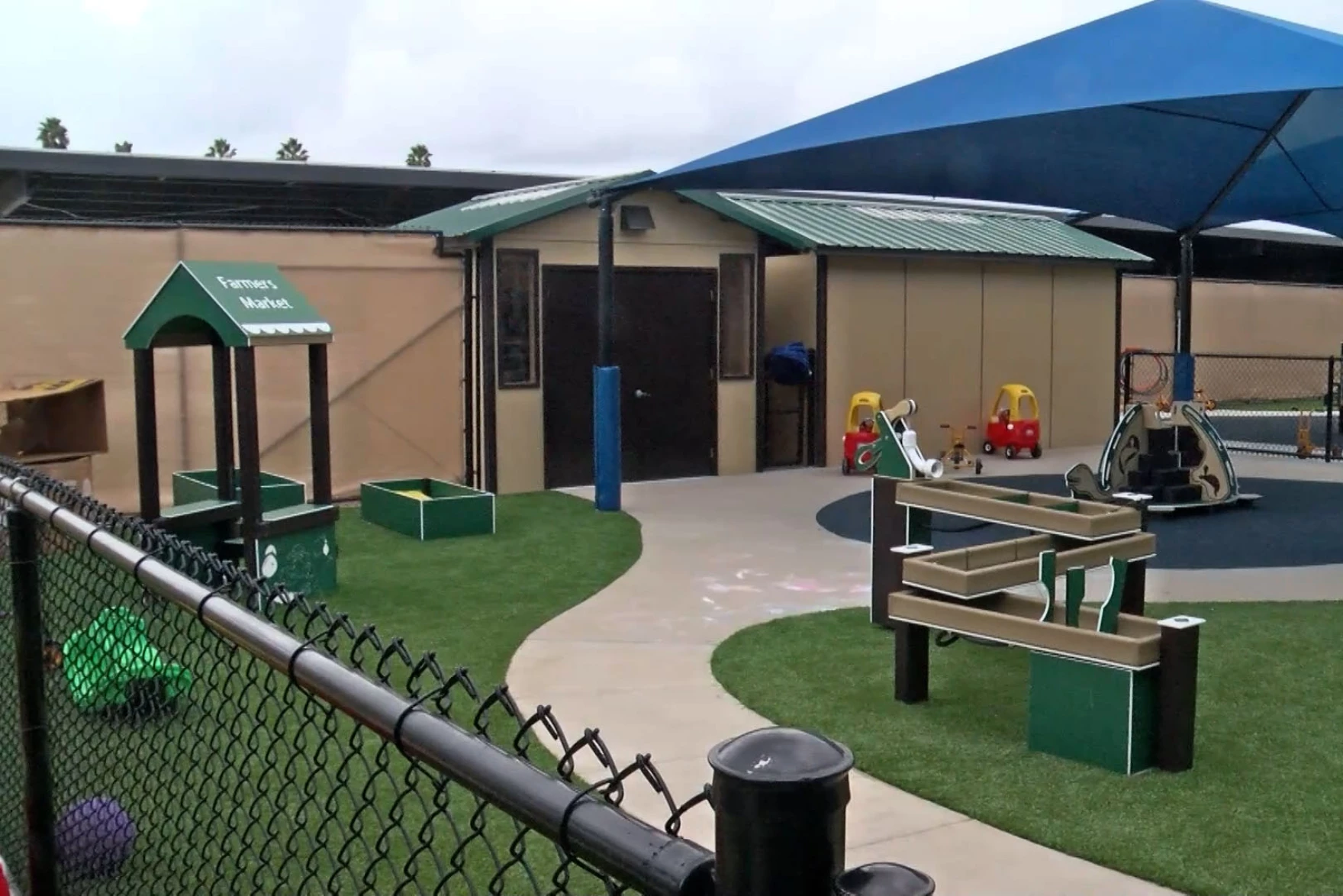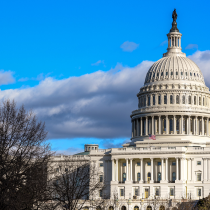Child Care Aware of America applauds ACF efforts to lower costs and improve provider payment practices.
ARLINGTON, VA, February 29, 2024 – The U.S. Department of Health and Human Services, Administration for Children and Families (ACF) announced new policies aimed at lowering family costs for child care, making subsidy enrollment easier for families and strengthening provider payment practices. These critical policy changes will, over time, make child care more affordable and accessible for more families, while also helping providers stay in business.
Child Care Aware® of America (CCAoA) supports ACF’s efforts to improve child care accessibility and affordability nationwide. According to recent CCAoA findings, for a vast majority of this country’s families, child care is neither affordable nor accessible. “The purpose of state child care subsidy programs, which are primarily funded with federal dollars, is to help working families with low-incomes access to the affordable, quality child care options that best meet their family’s needs,” shared CCAoA CEO Susan Gale Perry. "The Administration’s new policies will reduce barriers for families and child care providers, placing high-quality care within reach for more families in more places.”
Major policy changes directed to states include:
- Lowering family copayments to no more than 7% of a subsidy-eligible family's income. ACF reports that 20 states have policies that allow some family copayments above 7%.
- Implementing policies and procedures that minimize disruptions to parent employment, education, or training opportunities, including offering an online subsidy application option.
- Paying providers who accept subsidies prospectively and based on enrollment rather than attendance.
- Offering grants and contracts to build the supply of care for children in underserved areas, infants and toddlers, and children with disabilities.
- Encouraging states to waive copayments for families making up to 150% of the federal poverty level, as well as for eligible families with a child with a disability, families with children in foster and kinship care, families experiencing homelessness, and children enrolled in Head Start or Early Head Start.
- Encouraging states to streamline subsidy eligibility determinations by implementing presumptive eligibility and using a family’s enrollment in other public benefits programs to verify eligibility.
While CCAoA supports these rule changes as a positive step forward, accessible, affordable, high-quality child care will continue to be out of reach for most families without robust, permanent funding.





